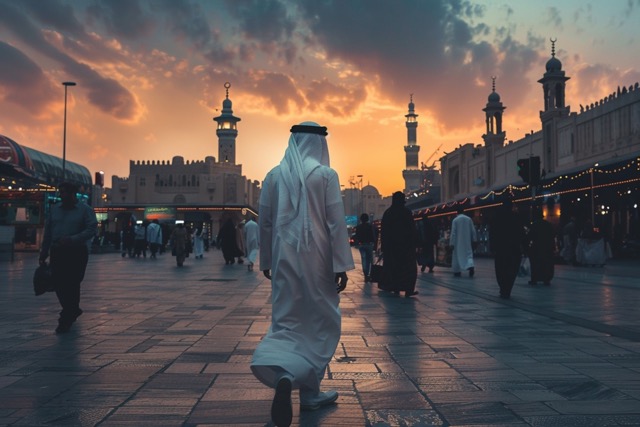Riyadh Climbs to 25th Place in Smart City Index
In a remarkable achievement, Riyadh, the capital of Saudi Arabia, has risen to the 25th spot in the International Institute for Management Development Smart City Index for the year, jumping five places since 2023.
The evaluation highlighted Riyadh’s excellence in health and safety, mobility, and governance, showcasing the city’s strengths in various structures and technologies.
The report unveiled that Riyadh excels in basic sanitation services, with even the most impoverished areas being effectively served. Additionally, the recycling sectors in the city are deemed satisfactory. Public safety is robust, enhanced by advanced surveillance through CCTV cameras, while innovative apps for car-sharing, parking availability, and bicycle rentals help ease traffic congestion.
Medical services in Riyadh meet expectations, and the city offers affordable housing options. However, the report notes that public transport services are only satisfactory.
Residents actively engage in decision-making processes and provide valuable feedback on government initiatives, showcasing their involvement in shaping the city’s future.
Al-Khobar Joins Smart City Ranks
In a parallel development, Al-Khobar has secured its position as a smart city, ranking 99th out of 142 municipalities on the IMD list. Al-Khobar becomes the fifth Saudi metropolis to embrace innovative city initiatives, following Riyadh, Makkah, Madinah, and Jeddah.
The inclusion of Al-Khobar in the Smart City Index signifies its potential to attract global investments, stimulate economic growth, and promote new companies and projects in the region.
This achievement reflects Saudi Arabia’s commitment to smart city development, aligning with the goals set forth in Saudi Vision 2030.
Smart City Index: A Benchmark for City Development
The IMD’s Smart City Index serves as a crucial benchmark for assessing municipalities’ readiness and utilization of advanced technologies to create sustainable communities.
The analysis covers various aspects of city development, including health and safety, employment and education opportunities, mobility, cultural activities, governance, and the integration of economic, technological, and human life dimensions.
Smart cities leverage digital technology to optimize resource usage, reduce carbon emissions, and enhance responsiveness to citizens’ needs.
Makkah secured the 52nd spot on the list, while Jeddah and Madinah claimed the 55th and 74th positions, respectively.
Omar Al-Abdullatif, CEO of the Sharqia Development Authority, expressed pride in the Kingdom’s achievement, attributing it to strong leadership and the directives of the governor of the Eastern Province, as reported by Al-Ekhbariya.

